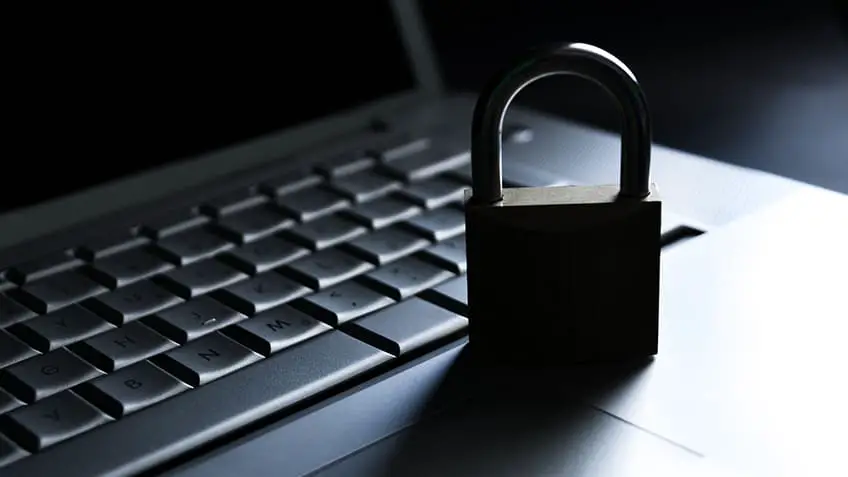According to a 2020 Statista study, there were 1001 data breaches in the United States alone. Meanwhile, the latest report from IBM and the Ponemon Institute also proposed that the average data breach cost around $3.86million the same year. These statistics indicate that your business can lose a lot of money if you can’t stop data loss when there’s a natural disaster or cyber-attack. Here are five ways to prevent data loss altogether to guard your business and any vital information.
1. Data backups
Backup is one of the most essential and practical measures for guarding against data loss, as it saves your important files should there be any hard drive failure or system crash. There should likewise be extra data backup if you lose the original one due to either human error or natural disaster. Here are some practical data backup tips to secure your data:
- Keep your data backups in different locations or websites
- Secure a copy of your primary data on a hard drive other than the one present in your backup computer
- Validate that your backup isn’t harmed, corrupted, or incorrect before any disaster
These tips should guarantee they’re protected and should be accessible when needed.
2. Antiviruses and firewalls
Selecting an antivirus or firewall is another robust solution for protecting your confidential data from cyber-attacks. Malware and viruses are common ways hackers steal personal data, contributing to significant data losses. Therefore, it’s best to ensure that your antivirus and firewall are solid enough to take care of your business’ scope, size, and security needs. Additionally, ensure that they’re always current and maintained adequately.
3. Secure data against power surges
Power surges and outages can and may cause severe damage to your computer system. An uninterrupted power supply is crucial if you need to protect your systems from data loss. The UPS systems will offer near-immediate emergency power should there be an outage. A good UPS will give you some time to save your files and properly shut down your PC to prevent damage or data loss. However, you may consider a different range of power protection solutions for domestic or business use, depending on your system requirements.
4. Implement a recovery plan
So much could go wrong if your employees don’t know what to do when there’s a system threat. It’s best to develop an effective recovery plan for every member of your organization. Doing this will help them take immediate steps to manage a disaster situation and possibly halt extensive data loss. However, creating a recovery plan isn’t enough if your staff isn’t equipped with the right skills and knowledge to implement them.
5. Team up with the experts
Although you can implement measures to protect yourself against data loss, some issues are best left for the IT experts to execute. An experienced IT group or company can help execute an effective security plan for your organization’s systems. From penetration testing to risk auditing, they’ll locate the loopholes in the present computer system and make the required adjustment to secure your data.
[Image via: Google Images]


Hi Peter
Antivirus and firewall is for sure a good start. Also patching your OS and programs like Java and flash is important not to forget.